Author & Video – Maddy Boardman
Image by Free-Photos from Pixabay
Change: To alter or modify, to do something differently.
Our lives are regularly met with the challenge of change. Sometimes we purposefully choose a change: a new hobby, hairstyle or diet. Sometimes we are forced into the change, such as redundancy or a relationship breakup. Sometimes we welcome the change and sometimes we resent it. Our brains are perfectly formed to adjust to change but they are also hardwired to reject it. We have all been through significant and unpredictable change throughout this last year with new rules and restrictions placed on us. For some this has been overwhelmingly tough, for others it has been quite manageable. Exploring why the brain dislikes change can help us to understand what we can do to adapt more easily.
Our brains are constantly analysing information from our surroundings and making a judgment as to how safe we are in that moment. When we are going about our normal, predictable daily routines our brain pattern matches our behaviours, recognising we have done this before, and switches on our autopilot. If we consider our morning routines, we likely follow a fairly set pattern. Maybe something like; wake up, have breakfast, shower, dress and leave the house. We have ingrained neural pathways for these behaviours and they have been deemed safe. The brain is happy ticking along in autopilot. Our Primitive mind always remains vigilant and scans the area for any kind of oddity or change. This part of our brain we inherited from our distant ancestors and its job is to keep us alive and safe. Imagine a caveman walking through the forest, he needs to be alert to any unusual change in his environment. A bush moving or twig snapping may indicate danger. Our primitive mind is constantly scanning for errors in our pattern matching. Keeping us safe and doing its job. When we deliberately change something in our lives, we enter the potentially dangerous world of the unknown. It is no surprise that the primitive brain protests and resists this change. After all, our primitive brain is there to keep us safe and it has no pattern match on this change, no idea if this new behaviour is safe. As we embark on our change we have to switch out of autopilot and the prefrontal cortex, our intellectual mind, has to take control. We are learning something new. Our Prefrontal Cortex is fast and agile and very capable of learning new things but uses significantly more energy than our autopilot brain mode. The change therefore requires effort and if we become distracted or fatigued, our brain will attempt to slip us back into easy old behaviour patterns. As we practise the new behaviour new neural pathways are created, with repetition habits are created. Our brains are a bit like playdoh, and we are capable of changing the structure of the brains as we learn. So how do we help this process happen?
Most importantly we need to empty our ‘stress bucket’. If we are having negative thoughts and worries, we are filling up our metaphorical stress bucket and this results in the vigilant primitive mind interpreting a threat. The primitive mind takes control, switching on our survival mode and keeping us in a high alert state. We feel anxious or stressed or low – all survival modes. Trying to learn something new while our brain is preoccupied with keeping you alive is very tricky. To empty our stress buckets we need to be engaging in mentally healthy behaviours – the 3 P’s: Positive thinking, positive activity and positive interaction and we need to be sleeping well. If you are achieving the 3 P’s you will achieve the good sleep. If prioritise the 3 P’s we can achieve a mentally fit state and can absorb and learn the necessary changes.
We also know that Hypnosis and guided meditation help to speed things up. The trance state we achieve under these conditions is a state of learning, our minds become open and receptive, and we have a heightened focus and concentration. New behaviours can be embedded, and new pathways created, facilitating the change. Did you ever get into trouble for gazing out of a window rather than listening to the teacher at school? You were likely in a daydream. A similar state to hypnosis of alpha brainwaves. Your brain was most likely consolidating the new information you had been taught.
At Old Town Hypnotherapy we use a combination of solution focused therapy and hypnosis to help our clients achieve change. The solution focused therapy part of the sessions helps the client focus their conscious mind on what exact change they wish to achieve. The hypnosis part of the sessions helps the client embed that change in the subconscious. Both elements of the session help the client empty their stress bucket. As ever, we offer free face to face or online consultations for anyone interested in hypnotherapy. We are also available to answer any queries you may have.

Other blogs you may be interested in

Bottling up Emotions: Why We Bottle Things Up – And How Solution Focused Hypnotherapy Can Help You Let Go.
Many of us bottle things up to avoid conflict or protect others—but over time, this emotional suppression can harm our mental health. Discover how Solution Focused Hypnotherapy helps you let go of what’s weighing you down.
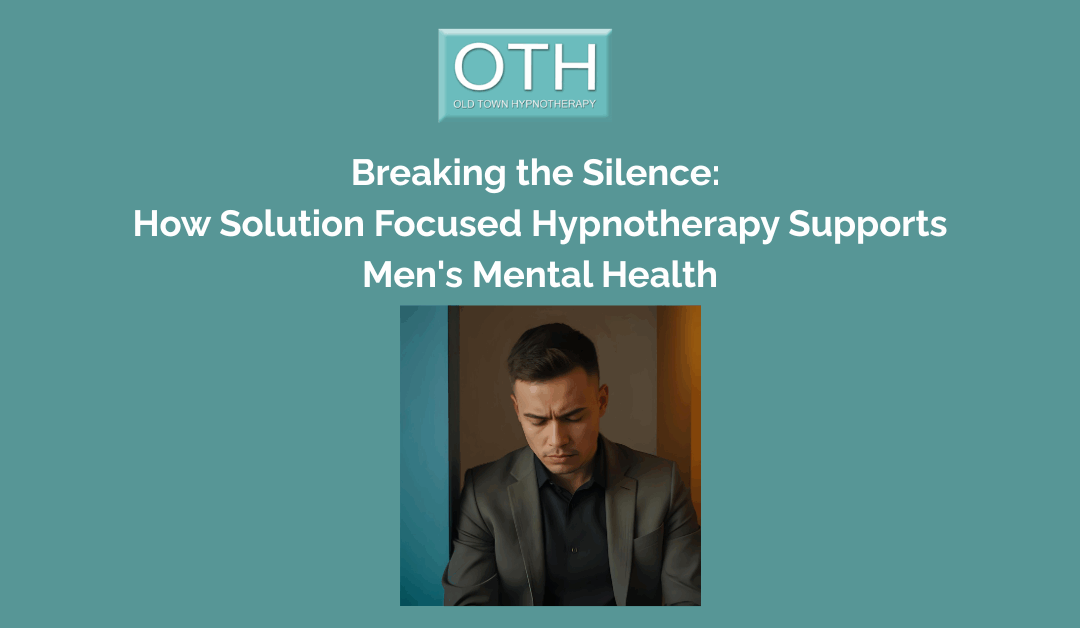
Breaking the Silence: How Solution Focused Hypnotherapy for Men Supports Men’s Mental Health
Discover how Solution Focused Hypnotherapy for Men effectively enhances men’s mental health by offering practical, stigma-free, and goal-oriented therapy that produces genuine results.
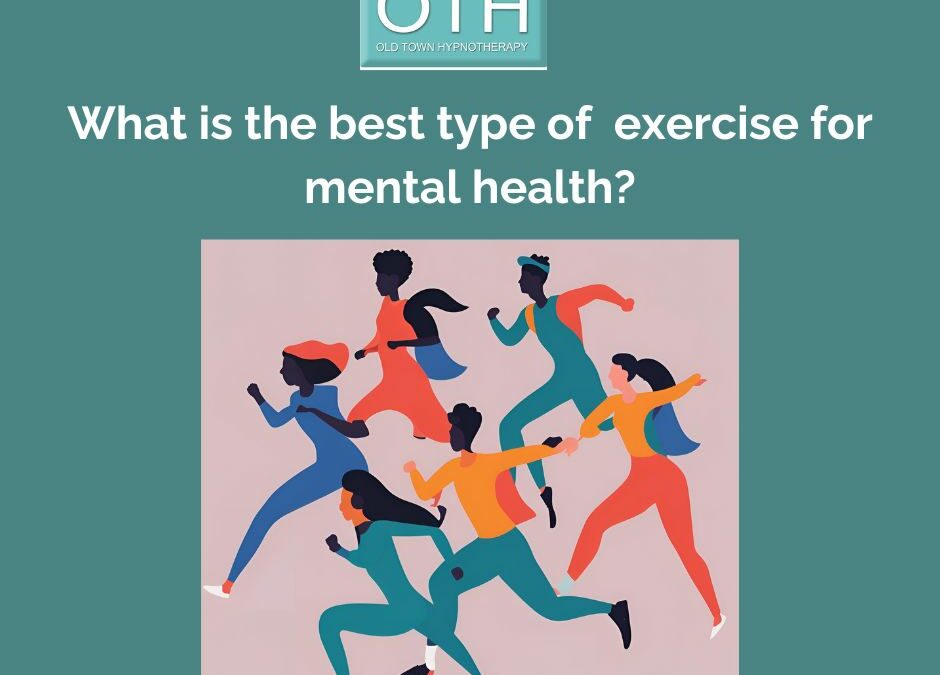
What is The Best Type of Exercise for Mental Health?
What is the Best Form of Exercise for Mental Health? We all know exercise is important for its physical benefits, in clinic we regularly discuss the significant impact exercise has on mental health too. Regular and enjoyable physical activity creates a powerful...
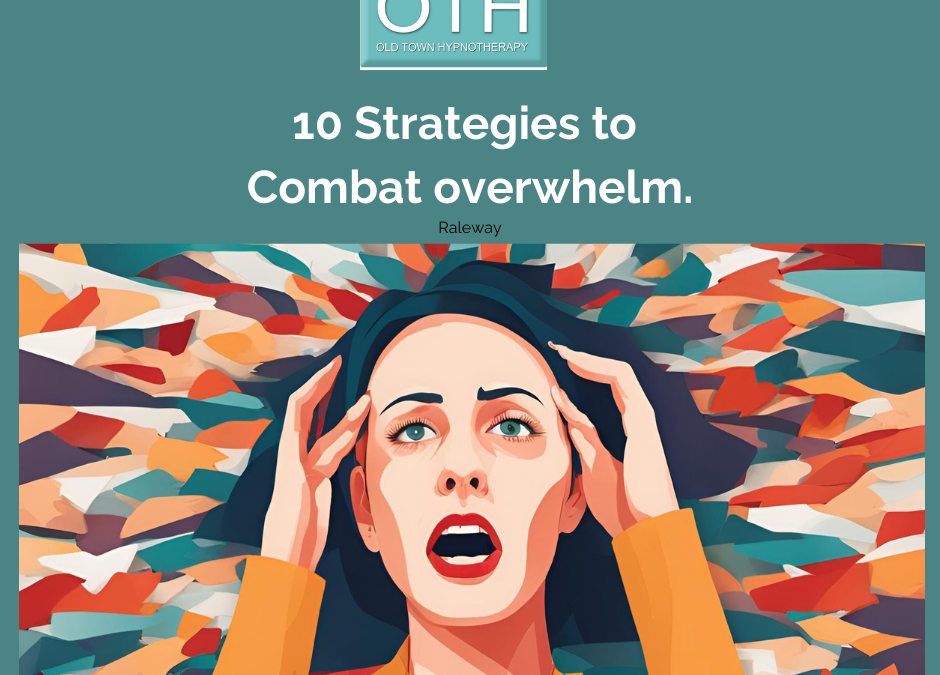
10 Strategies to Combat Overwhelm
10 Strategies to combat feelings of overwhelm As we enter the final few days before Christmas and the to do list grows, how do we recognise, and combat, feelings of overwhelm? What do we mean by Overwhelm? Overwhelm is a state of feeling emotionally or mentally...

12 Strategies and Tips to Combat Loneliness
12 Strategies and Tips to Combat Loneliness Loneliness is a feeling of isolation and disconnection that can affect people of all ages and backgrounds. It’s a universal human experience that, when prolonged, can lead to mental and physical health issues. Especially in...

6 Friendship Differences Between Men and Women
6 Friendships Differences Between Men and Women I think we can probably all agree that friendships play an essential role in our lives, Research suggests that people with more friends, or at least strong social connections, tend to live longer....

Sunlight and Mental Health
The importance of sunlight for a healthy mind.

Understanding Anxiety
Understanding the biological, psychological and environmental reasons that lead to anxiety disorders.
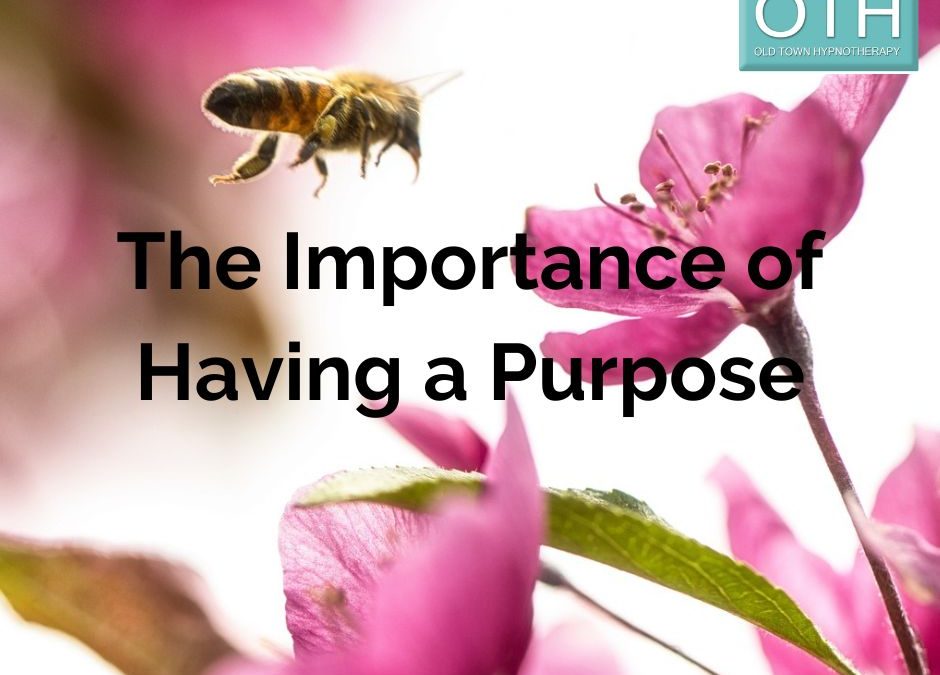
We may have heard that having a purpose in life is important. But what actually is a purpose? Why is having one important and how do we find one?
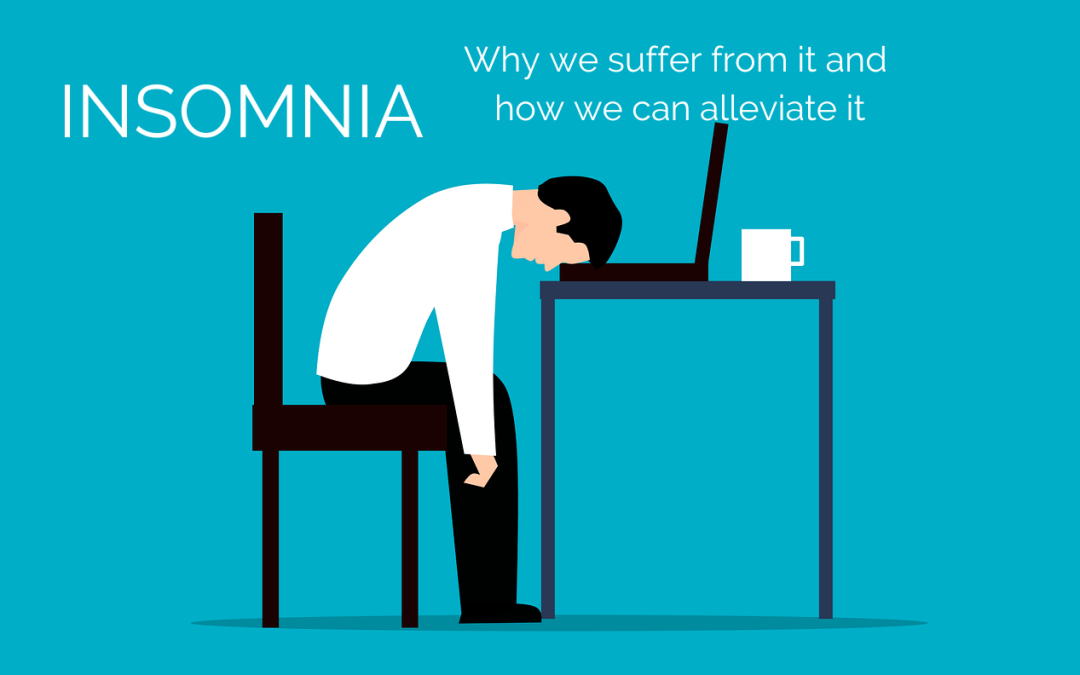
Insomnia – why we suffer from it and 6 ways to alleviate it.
Most of us have suffered from Insomnia at some point in our lives. Sleep is the foundation of our mental and physical wellbeing, we simply don’t function well without regular, healthy sleep. Understanding why we suffer from sleep disruption can help us to avoid it.
Disclaimer | Privacy Policy | Terms and Conditions
Copyright © OLD TOWN HYPNOTHERAPY 2016 All Rights Reserved


